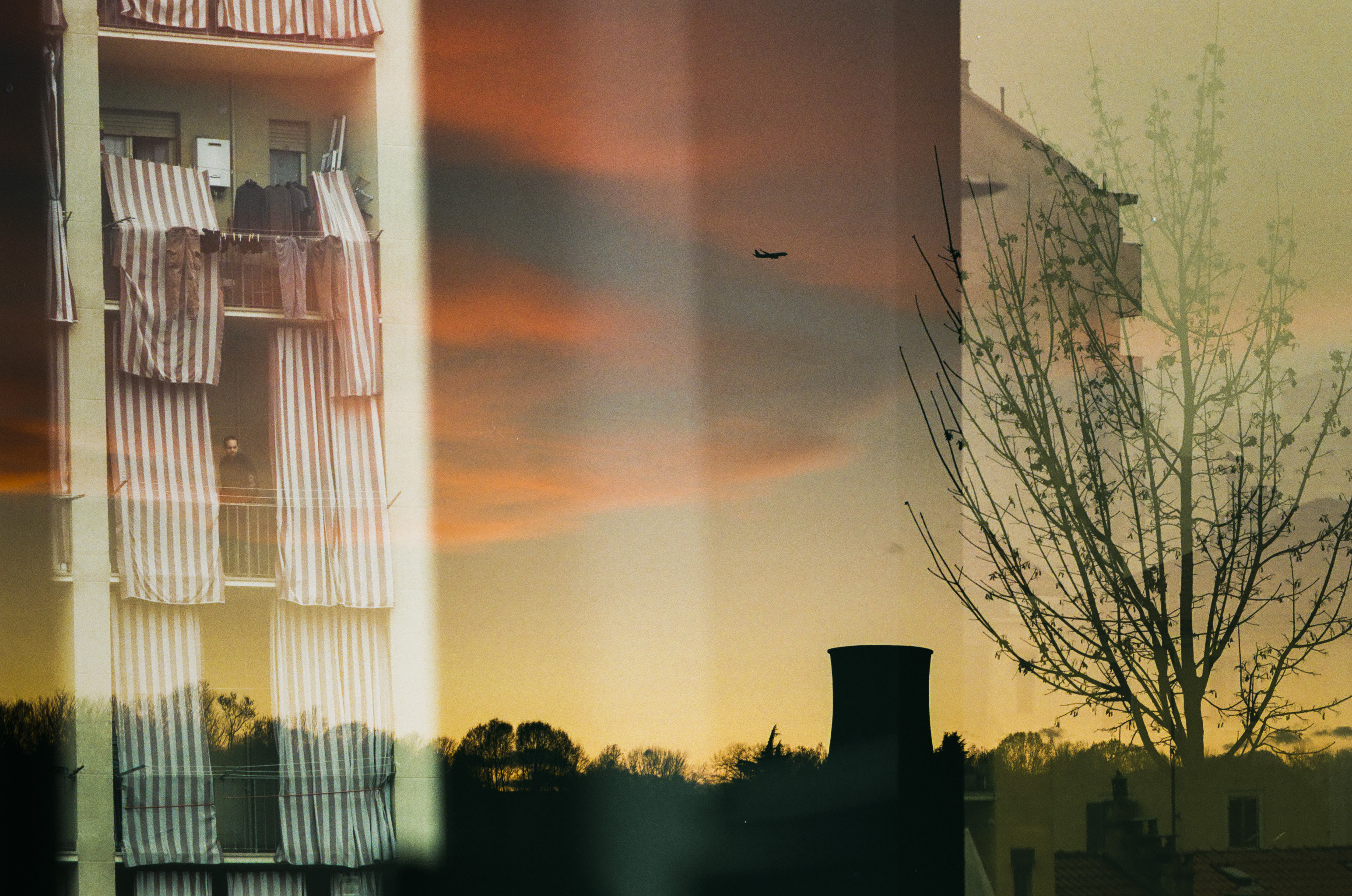Sradicamento e ciclico ritorno, la difficile integrazione e il lavoro in fabbrica. Un viaggio tra nord e sud nell’Italia del miracolo economico, vista dalla prospettiva della duplice identità del migrante incarnata da Tullio, ex operaio Fiat, trasferitosi al nord nel 1964 da un paese interiore della Vallata dello Stilaro. “Ombre a Mezzogiorno” racconta una Torino avviata alla deindustrializzazione in dialogo storico con la Calabria.
“Ombre a Mezzogiorno” nasce dalle riflessioni indotte da questo fenomeno migratorio ed i suoi effetti, sui luoghi che ho abitato e che ho vissuto, divenendo testimone, e prodotto involontario, di questa transizione storica. Due regioni separate da oltre 1000 chilometri d’Italia. Nonostante il mio attaccamento ad essi non riesco a farne parte in profondità. Sono il prodotto ibrido di questa transizione, e anche io come i miei genitori nella generazione precedente e come gli uccelli migratori che popolano i cieli di Torino alla fine dell’estate, sento un impulso al movimento, a cercare un altrove. L’esigenza di fare chiarezza mi spinge ad analizzare in profondità questo fenomeno, i luoghi nei quali sono cresciuto e come si sono trasformati ed evoluti, ponendo l’accento sulla questione identitaria che l’immigrato porta con sé.
